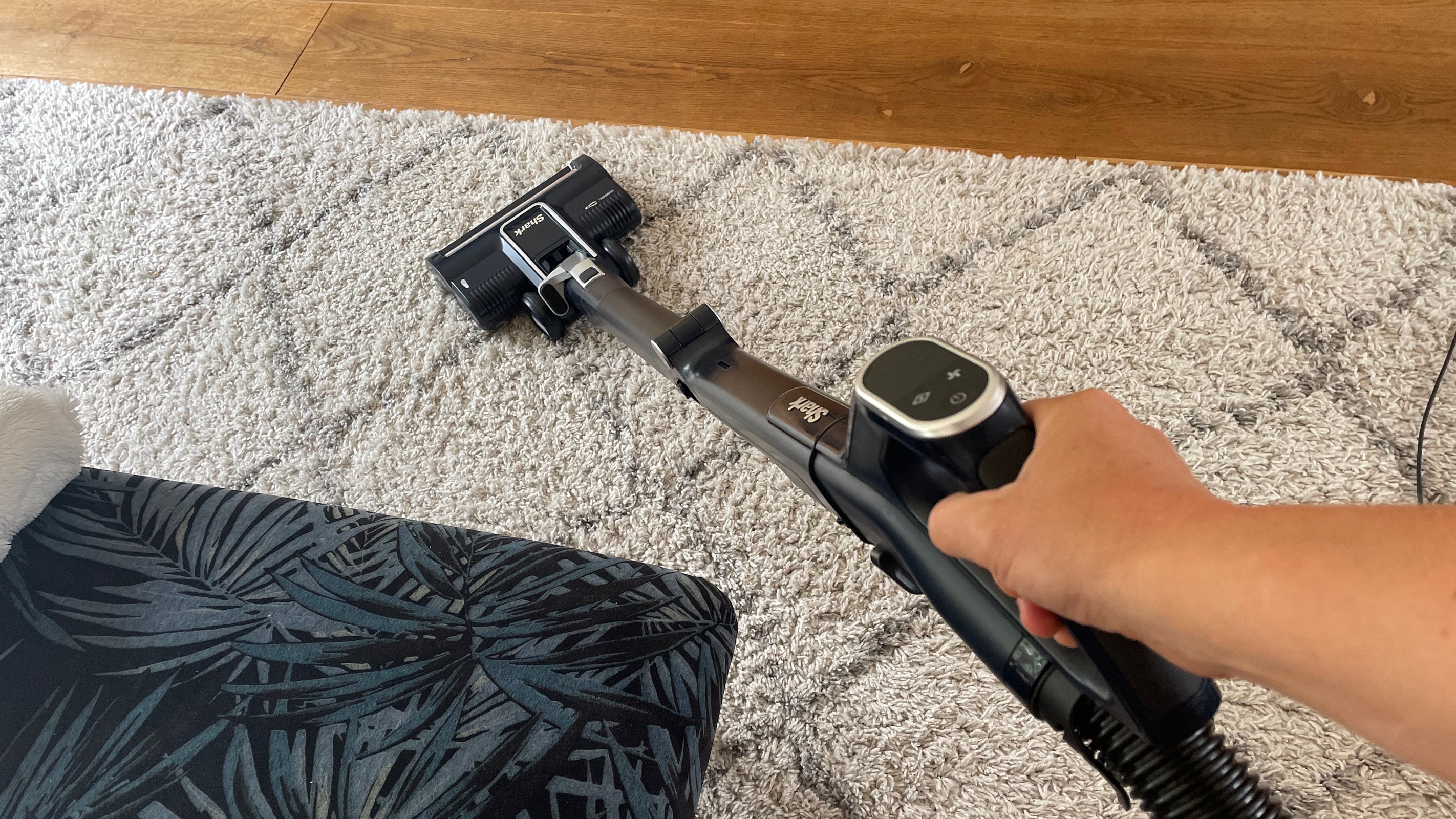
You're looking for a high-performance vacuum cleaner. So do you just buy the most expensive one you can afford? Well, it's not quite simple. The priciest vacuum won't necessarily be the most powerful. To find the best vacuum cleaner for your needs, it's also useful to look at the wattage.
In this article, we'll explain what kind of wattage you should be seeking for a range of vacuum types, including the best cordless vacuum cleaners and the best robot vacuums.
We'll start though, by explaining what wattage actually is, and how it relates to the suction power your vacuum cleaner will provide.
Why does wattage matter?
The wattage rating of a vacuum cleaner, also known as its power rating, refers to how much electrical power the vacuum's motor consumes and converts into suction power. Most traditional household vacuum cleaners range from around 600-2000W while industrial vacuum cleaners offer around 1000-4000W.
In broad terms, the higher the wattage, the more powerful the suction is likely be. As you'd expect, this will also probably push up the price. And they'll also cost more to run too. So unless you're made of money, there'll be a balance to be struck here.
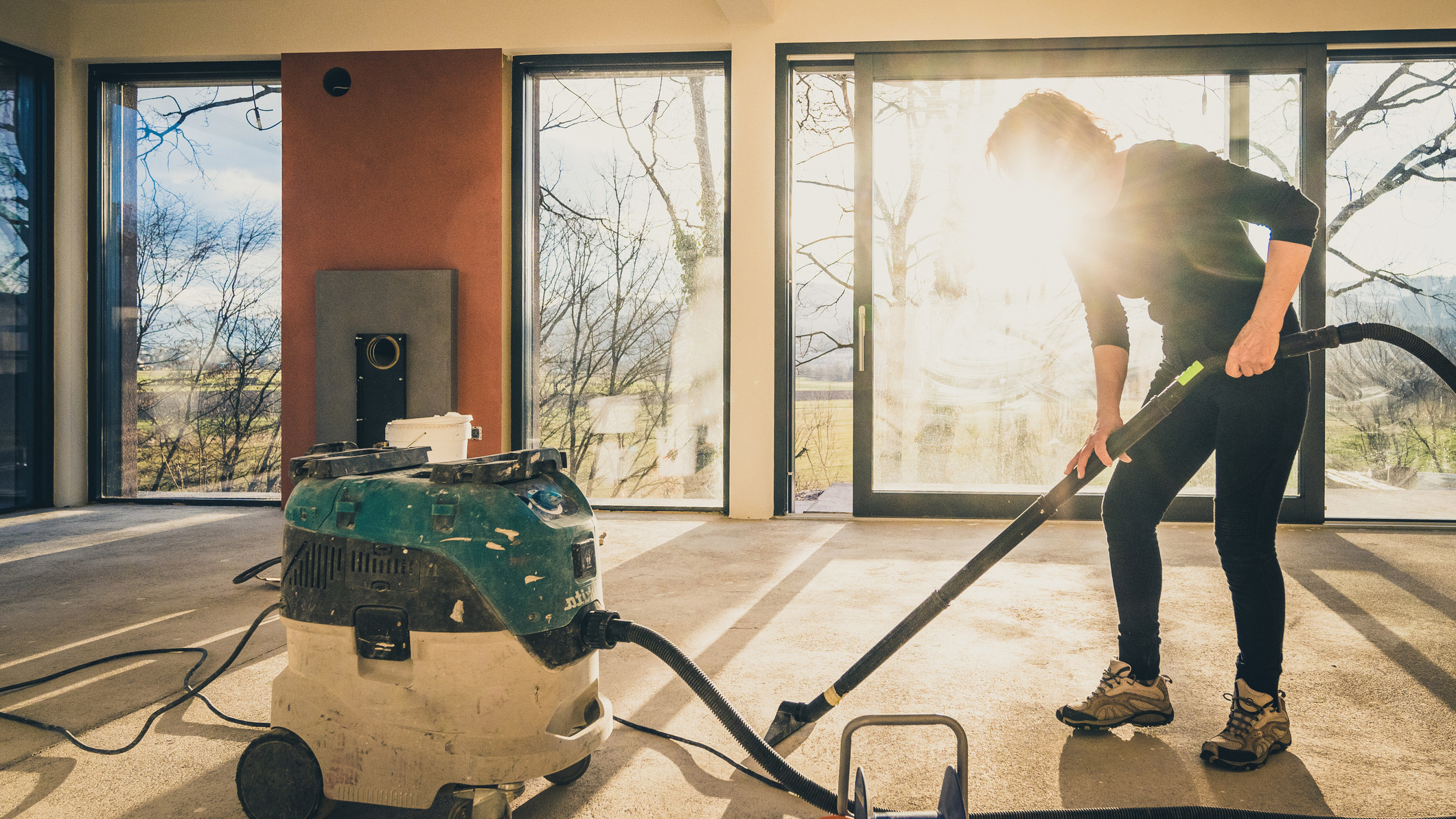
We should add, too, that wattage alone doesn't tell the whole story. Other factors like how well the vacuum is designed, the number of fans, and how efficient the motor is will also be important. So if you want to know precisely how well your vacuum sucks, you'll may prefer to check the air watts it offers. (See our article – How do I tell how much suction a vacuum cleaner has? – for more on that.)
On the whole, though, wattage will usually provide an indication of the performance a vacuum cleaner offers. So read on, as we explain the kind of numbers you should be looking for, depending on the style of vacuum.
Get daily insight, inspiration and deals in your inbox
Sign up for breaking news, reviews, opinion, top tech deals, and more.
How many watts of power is good for a traditional vacuum cleaner?
For the traditional kind of household vacuum cleaner we're all familiar with – a corded upright, canister vacuum – we'd suggest you look for the following:
Minimum: 700 watts
Good: 1000-1200 watts
Ideal: 1400-1600 watts
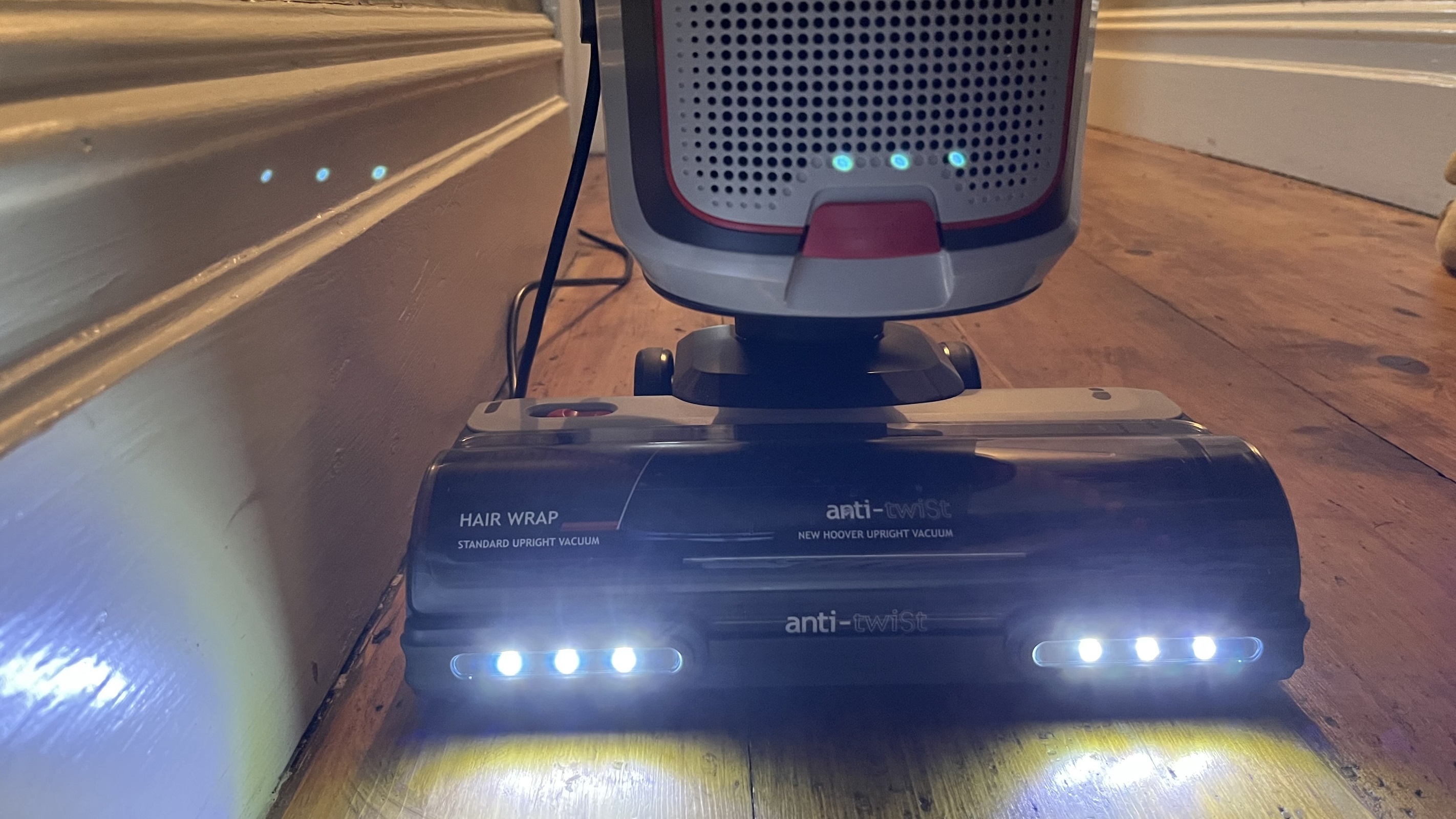
How many watts of power is good for an industrial vacuum cleaner?
For heavy-duty industrial or commercial vacuums designed for shops, warehouses, and construction sites, we'd suggest you look for the following:
Minimum: 1000 watts
Good: 1500-1800 watts
Ideal: 2000+ watts
How many watts of power is good for a corded stick vacuum cleaner?
Corded stick vacuum cleaners look like a slimmed down version of the traditional vacuum. They're generally less powerful, but that also makes them smaller and lighter. That makes them useful for lighter tasks such as hardwoods, cars and small areas, as well as for quick bits of emergency cleaning. You should look for these levels of power:
Minimum: 100 watts
Good: 200-300 watts
Ideal: 400-600 watts
How many watts of power is good for a cordless vacuum cleaner?
Cordless vacuum cleaners run on rechargeable batteries, making them a more convenient alternative to corded stick vacuum cleaners for lighter tasks. They usually have similar power consumption, too. Remember that a higher capacity battery will run for longer but will probably take longer to charge too, so there's a balance to be struck here.
Minimum: 100 watts
Good: 200-300 watts
Ideal: 400-600 watts
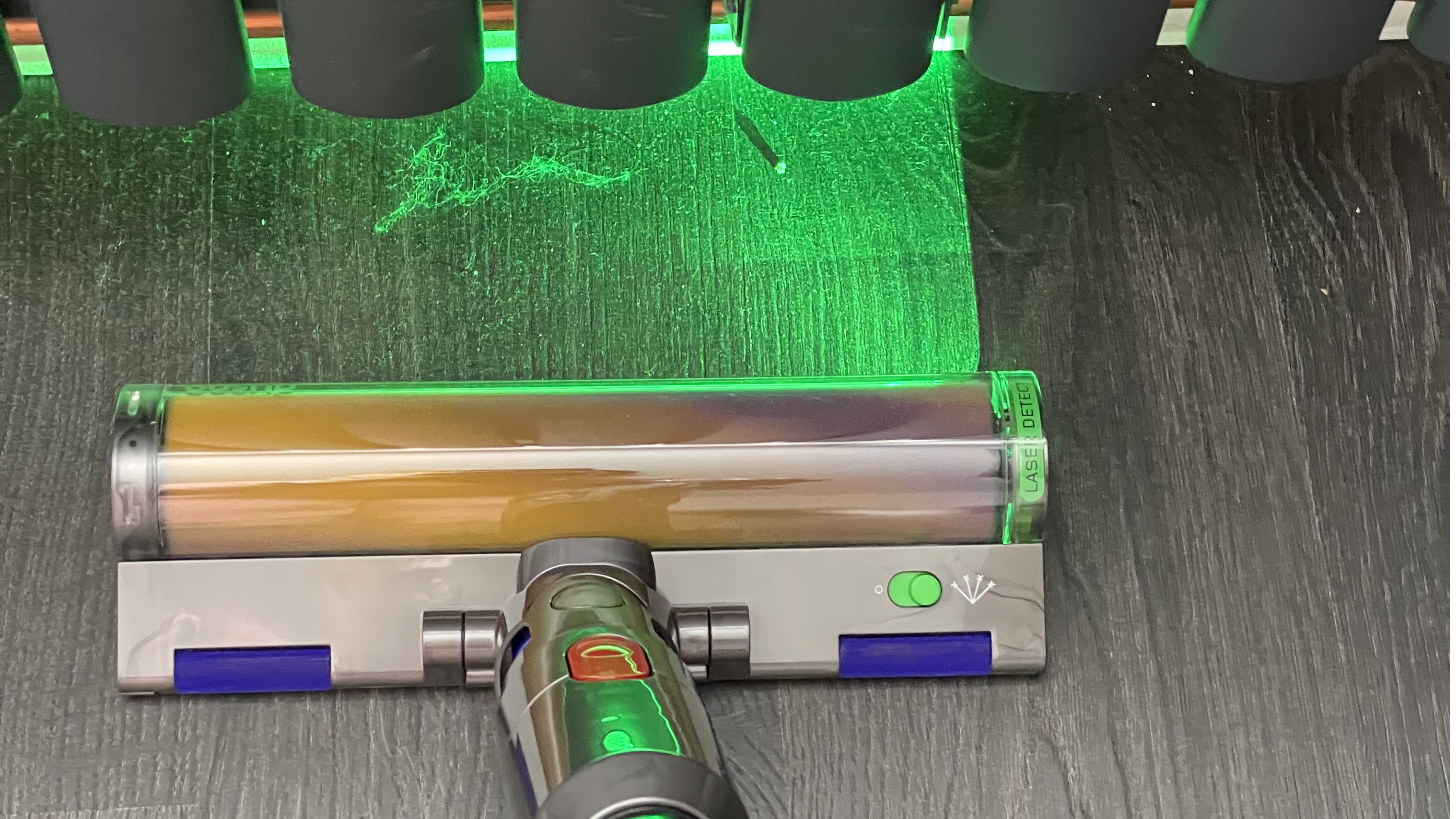
How many watts of power is good for a robot vacuum cleaner?
The joy of autonomous robot vacuum cleaners is that they do the cleaning for you, although there are some downsides as well, which we list in our article on the disadvantages of a robot vacuum cleaner?. They also have lower wattage requirements because they have smaller motors and don't require as much suction as full-sized vacuums. We'd suggest you look for the following:
Minimum: 10 watts
Good: 15-20 watts
Ideal: 25-35 watts
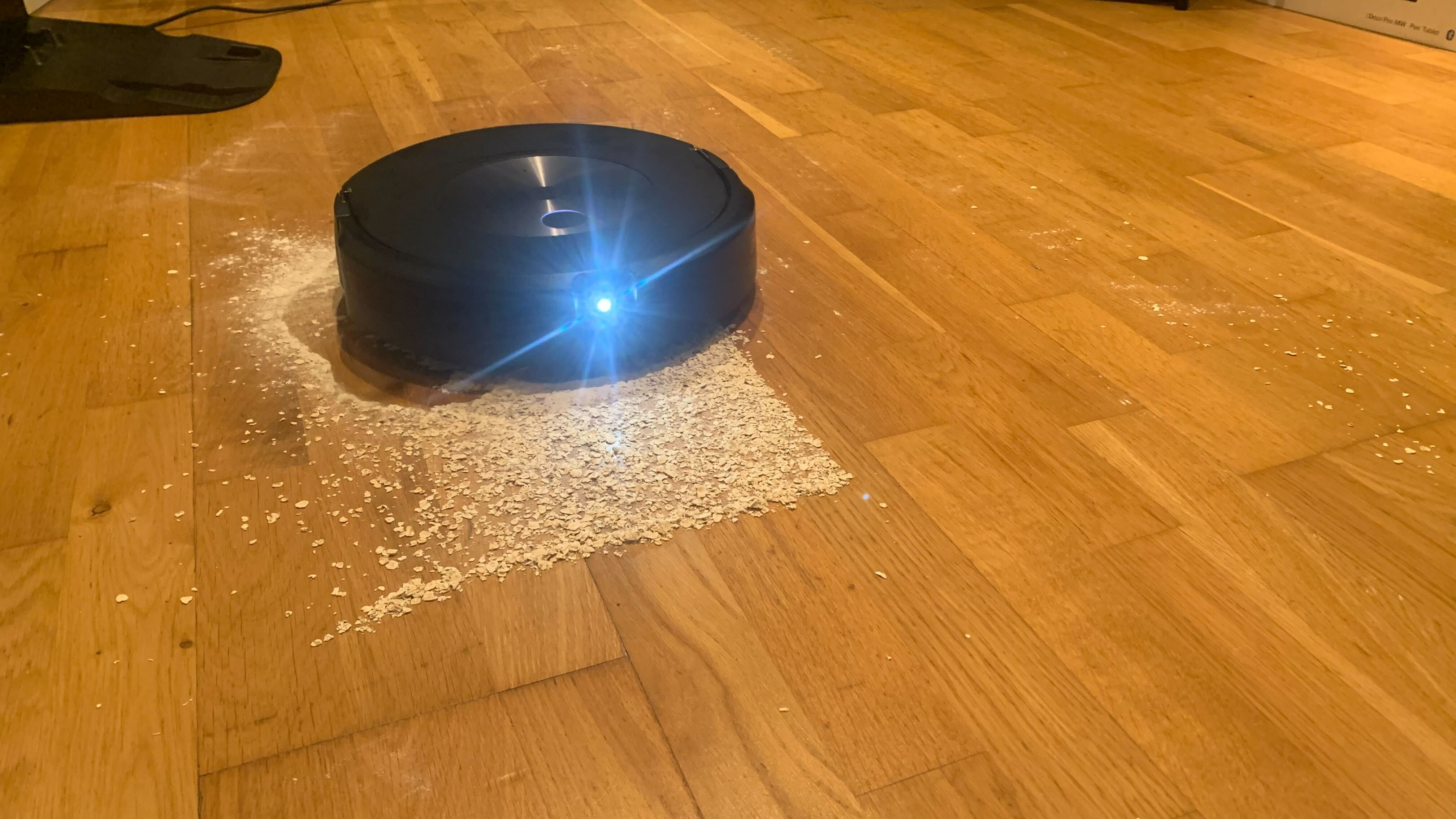
In conclusion, vacuum cleaners at the higher end of the ideal wattage will generally provide the best deep cleaning suction performance. But don't just buy on this basis alone; it's important to take other design factors into account and choose depending on your cleaning needs, the device type and your budget.
Tom May is a freelance writer and editor specialising in tech, design and sleep products. Over the years he's tested a number of mattresses, duvets and pillows, and as a back pain sufferer, has a keen interest in finding ones that offer maximum support. Plus, in running a successful Airbnb business, sleep hygiene and providing the right bedding for guests has become a big part of his day-to-day life. He is author of Great TED Talks: Creativity, published by Pavilion Books.
